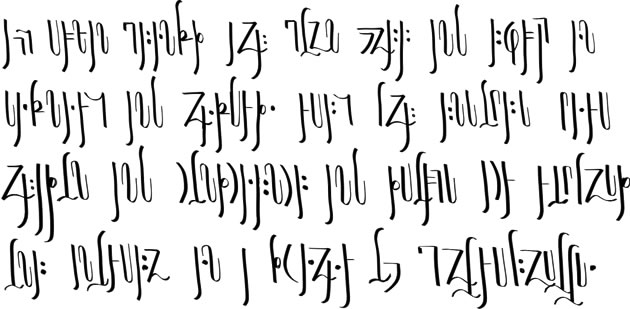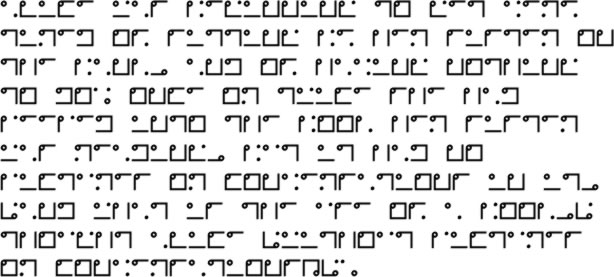Podcast: Play in new window | Download
In this Adventure in Etymology, we’re finding connections between monitors and monsters.

A monitor [ˈmɒn.ɪ.tə/ˈmɔn.ɪ.tɚ] is:
- Someone who watches over something; a person in charge of something or someone.
- A device that detects and informs on the presence, quantity, etc., of something.
- A device used to give a graphical display of the output from a computer. (other meanings are available)
It comes from Latin monitor (counsellor, preceptor, prompter), from moneō (to warn, advise, remind), from Proto-Italic *moneō (to remind, warn), from Proto-Indo-European *moné-ye-ti, from *mon-éye-, from *men- (to think) [source].
Words from the same roots include admonish, amnesia, automatic, comment, dementia, summon, mental and possibly music in English, monieren (to criticize) in German, amonestar (to warn, reprimand, admonish) in Spanish, and premonire (to forewarn, foretell) in Italian [source].
The word monster (a terrifying and dangerous creature, especially one of an imaginary or mythical kind, etc) also comes from the same roots, via Middle English monstre (monster, beast, strange happening), Old French monstre (monster), Latin mōnstrum (evil omen, monster), and moneō (to warn, advise, remind) – so a monster is something you need to be warned about [source].
The word money possibly also comes from the same roots, via Middle English moneye (money, currency, coinage), Anglo-Norman muneie (money), Latin monēta (money, coin, mint), from the temple of Juno Moneta, the home of the ancient Roman mint, whose name is may be connected to moneō [source].
You can also listen to this podcast on: Apple Podcasts, Amazon Music, TuneIn, Podchaser, Podbay or Podtail and other pod places.
If you would like to support this podcast, you can make a donation via PayPal or Patreon, or contribute to Omniglot in other ways.
Radio Omniglot podcasts are brought to you in association with Blubrry Podcast Hosting, a great place to host your podcasts. Get your first month free with the promo code omniglot.
I also write about words, etymology and other language-related topics on the Omniglot Blog, and I explore etymological connections between Celtic languages on the Celtiadur blog.


















